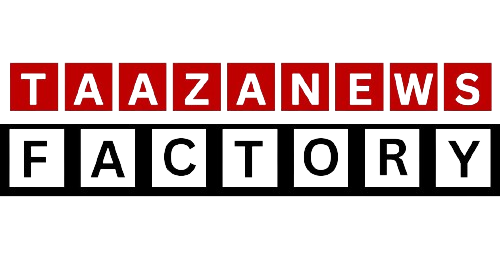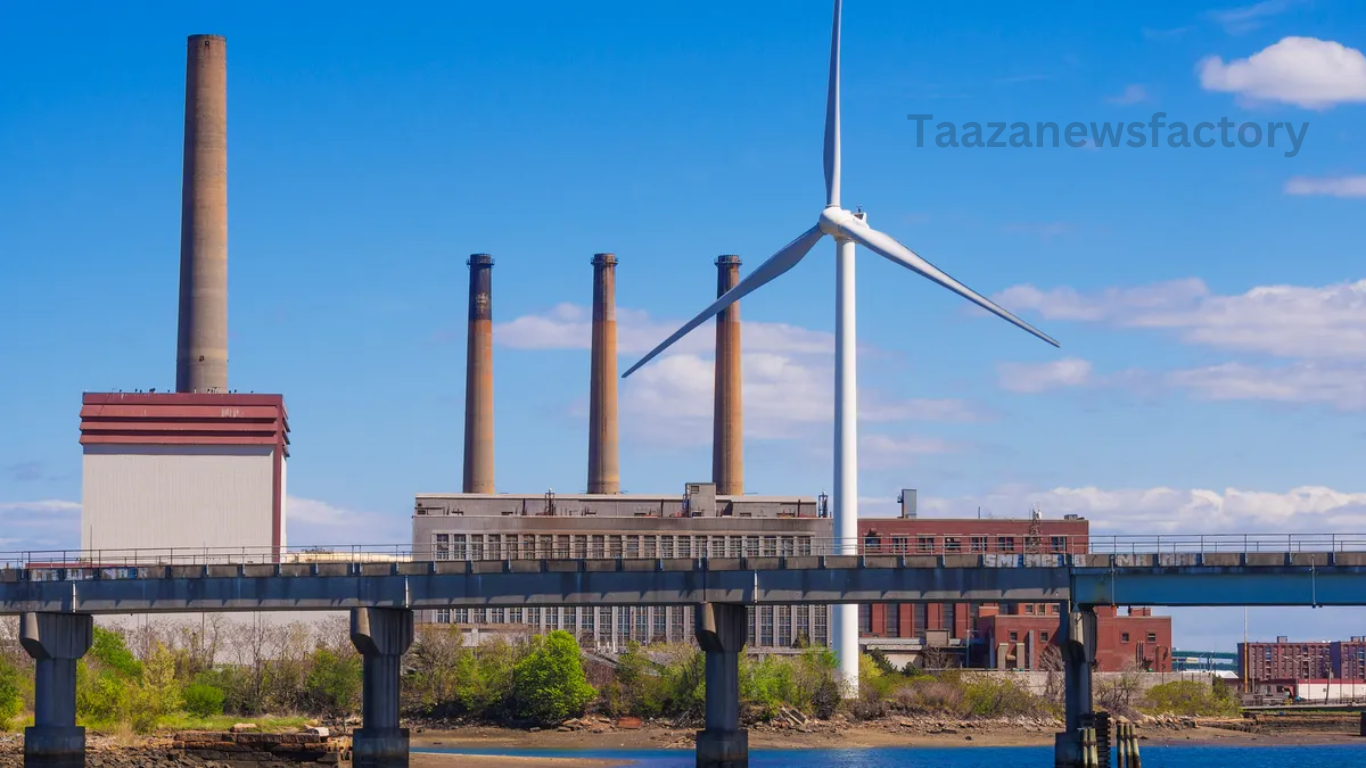Yo, Massachusetts just pulled a wild move! The state’s energy efficiency program, Mass Save, just took a massive $500 million budget cut, bringing down its original $5 billion proposal. That’s a whole lotta cash getting chopped off, and it’s got people talking.
Why the Cut?
State regulators are feeling the heat from customers struggling with crazy-high utility bills. So, they made the tough call to slash the budget, hoping it’ll ease the financial burden. According to the Department of Public Utilities (DPU), even with this budget cut, Mass Save is still set to save customers billions by offering energy-efficient upgrades like better heating systems, appliances, and weatherization for homes and businesses.
Who’s Affected?
If you’re living in Massachusetts, you’ll still have access to energy-saving programs, but the money going into residential gas and electric programs is dropping—25% less for gas and 15% less for electric. That means fewer rebates, fewer incentives, and possibly a slower transition to greener energy.
What the Big Players Are Saying
Major utility companies like Eversource, National Grid, and Unitil are all part of Mass Save, and they’re rolling with the punches. Eversource actually thanked state regulators for “listening to customer concerns about affordability.” Basically, they’re saying this cut is a step toward long-term relief from sky-high utility bills. But not everyone’s buying it.
Also Read: Red Robin’s Big Shake-Up: Could Ohio Locations Get the Boot?
The Bigger Picture – Net Zero by 2050?
Massachusetts has been pushing hard for net zero emissions by 2050. But with this budget cut, advocates say the state is shooting itself in the foot. The Conservation Law Foundation didn’t hold back, calling the decision a “cut-your-nose-to-spite-your-face” move, claiming it’ll result in a $1.5 billion loss in benefits and savings. Ouch.
What This Means for You
- If you were planning on getting an energy-efficient upgrade through Mass Save, you might have to act fast before funding runs dry.
- Expect fewer rebates and discounts on energy-saving appliances.
- Utility bills might stay high since the program’s reach is now limited.
- The transition to a greener Massachusetts just got a little bumpier.
Final Thoughts
While the state’s trying to keep things affordable, cutting back on energy efficiency programs could make things harder in the long run. Less energy efficiency means more energy consumption, which could actually increase costs down the line. So, is this really a win? Only time will tell.
Stay tuned, Massachusetts. This energy game ain’t over yet!
Stay updated with the latest business industry news! Follow us on Instagram, Telegram, or WhatsApp for real-time updates.






